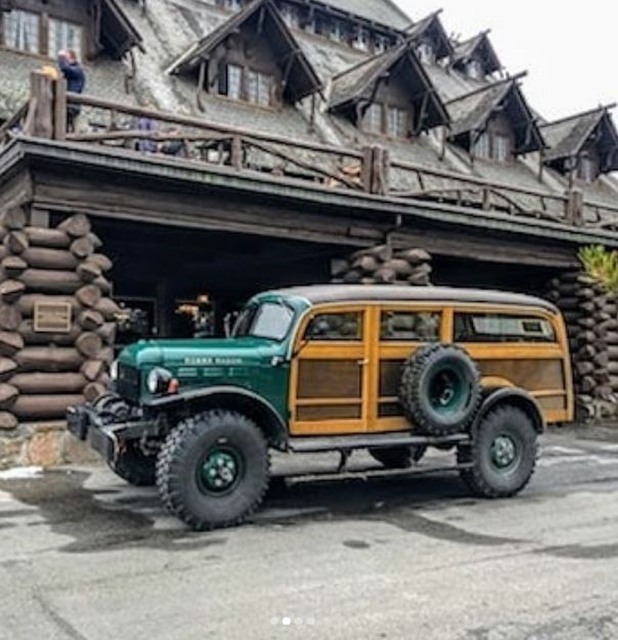
What’s the Real Difference in a Classic and Vintage Truck?
Classic pickups are becoming more popular. Whether it’s the increasingly expensive luxuries offered on modern trucks or visions from Instagram off-roaders, isn’t precisely clear. But the older trucks’ simpler designs, while important to keep in mind, clearly play into it. But as these trucks’ presence becomes more prevalent, there might be a growing issue to keep in mind. Because while most call these older pickups ‘classics’, others prefer ‘vintage.’ Still, others call them ‘antiques.’ Are they all the same? Is there a real difference between a classic and a vintage truck?
Classic and Vintage Truck Term Confusion
While ‘classic’, ‘antique’, and ‘vintage’ are often used interchangeably, they’re actually slightly different from each other. And much like ‘limited-edition’, incorrect use can make the terms use meaning. The problem is, not everyone agrees on what the words actually mean.
For example, classic car insurance agency Hagerty considers trucks built from 1900-1979 as either antiques or classics. And if it was built in 1980 or later, Hagerty considers it a collector truck. But that’s just one insurance agency. A different one, such as The Hartford, may have different definitions. Incidentally, The Hartford considers a classic truck to be 20-40 years old, and an antique at least 45 years old.
And these are just insurance agencies. There’s also different state DMVs and car clubs. Not only do they use the classic-antique-vintage terms differently, they have their own terminology. California, for example, has a Historical Vehicle term. Illinois, where I live, skips ‘classic’ altogether, and just has antique vehicle plates. The Classic Car Club of America has an even narrower definition of ‘classic.’ To the CCA, a classic truck is built from 1915 to 1948.
However, even with all this confusion, there are some definitions that are generally agreed upon.
Classic vs. Antique Trucks
For the majority of enthusiasts, classic trucks are ones that are at least 20 years old. So, while Hagerty may call trucks like the GMC Syclone and Lamborghini LM002 ‘collector trucks’ because they were made after 1980, they’re both technically classic trucks. Some cut the age of ‘classic’ trucks off at 40 years, to leave room for antique trucks.

Antique trucks are older than classics. Ignoring the state-specific terminology, any truck made at least 45 years old is technically an antique. Which means, although the original Dodge Power Wagon is a valuable classic truck, it should really be a valuable antique truck. Antiques and classics are kind of like squares and rectangles: not all classics are antiques, but all antiques are classics.
Where Vintage Enters into It
Although ‘vintage’ is usually used to talk about fashion, there is such a thing as a vintage truck. And actually, defining a vintage truck is easier than defining a classic or antique.
The Hartford and Cars Direct report that vintage trucks are ones made between 1919 and 1930. Which means vintage trucks are also technically all antiques.


